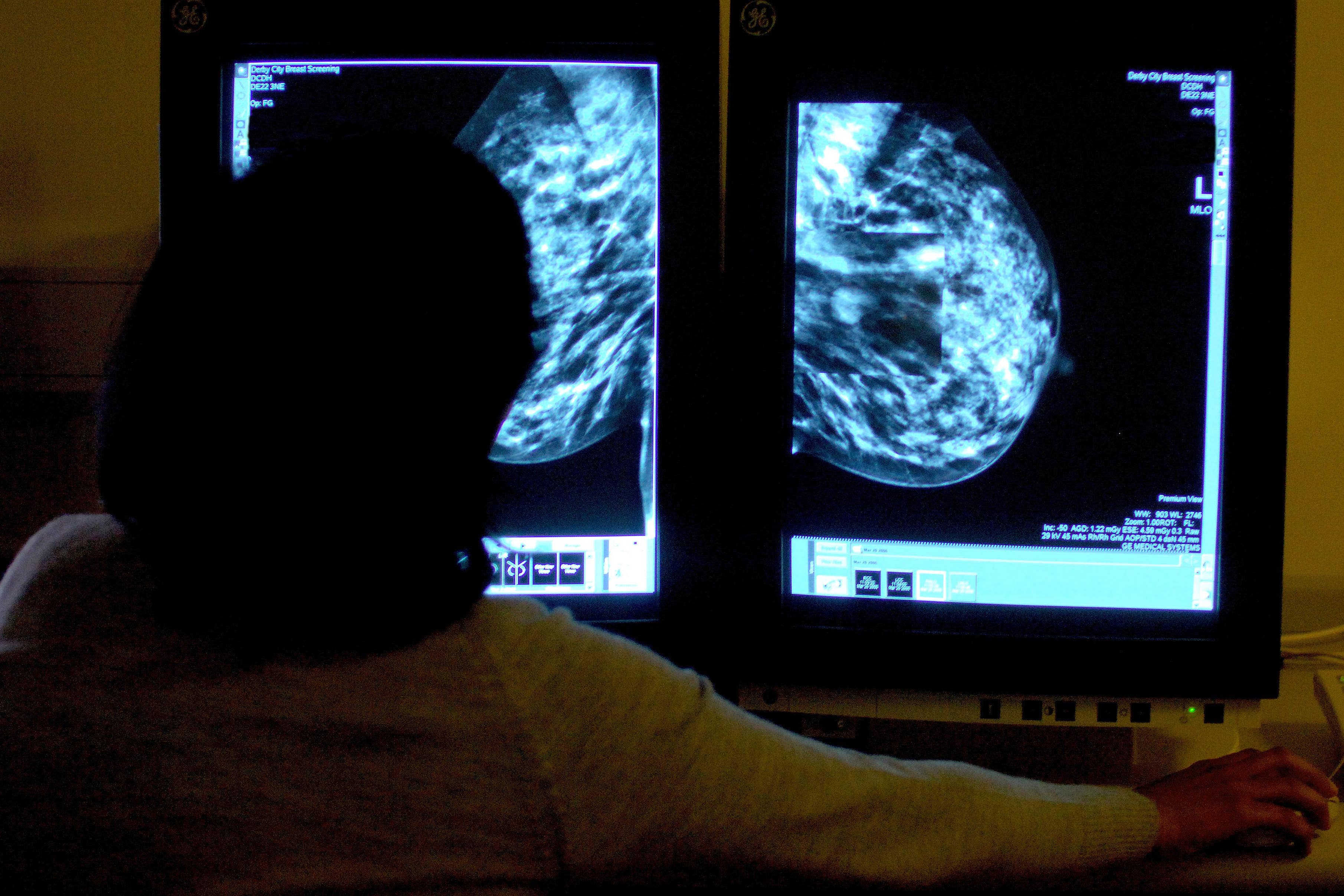Scientists find targeting tumour ‘scaffolding’ slows breast cancer
The study found that blocking the amino acid proline could slow down the growth of tumours.

Your support helps us to tell the story
From reproductive rights to climate change to Big Tech, The Independent is on the ground when the story is developing. Whether it's investigating the financials of Elon Musk's pro-Trump PAC or producing our latest documentary, 'The A Word', which shines a light on the American women fighting for reproductive rights, we know how important it is to parse out the facts from the messaging.
At such a critical moment in US history, we need reporters on the ground. Your donation allows us to keep sending journalists to speak to both sides of the story.
The Independent is trusted by Americans across the entire political spectrum. And unlike many other quality news outlets, we choose not to lock Americans out of our reporting and analysis with paywalls. We believe quality journalism should be available to everyone, paid for by those who can afford it.
Your support makes all the difference.Researchers have found that breast cancer tumours could be prevented from growing by targeting the “scaffolding” that surrounds them.
Scientists in Glasgow from the Cancer Research UK Beatson Institute showed that tumours create a large amount of the amino acid proline and found that when they stopped its production, cancer cells were less likely to grow and spread.
Proline is used to make collagen, which is required to form skin, hair and nails, but in cancer it can be used to build the “scaffolding” around which tumours can grow.
The study, published in Nature Metabolism, stated that collagen in cancer is produced by cells called cancer-associated fibroblasts which have become hijacked by cancer to provide the tumour with the essential materials it needs to grow.
The researchers believe that blocking the proline in the cancer-associated fibroblasts could be key to treating breast cancer in the future.
Each year about 55,900 people are diagnosed with breast cancer in the UK with about 4,800 people diagnosed each year in Scotland.
Professor Sara Zanivan of the Cancer Research UK Beatson Institute said: “A high level of collagen production is linked to more aggressive forms of breast cancer.
“Preventing cancer-associated fibroblasts from providing tumours with the essentials they need to grow could be key to slowing, or even preventing, the growth of tumours in aggressive forms of breast cancer.”